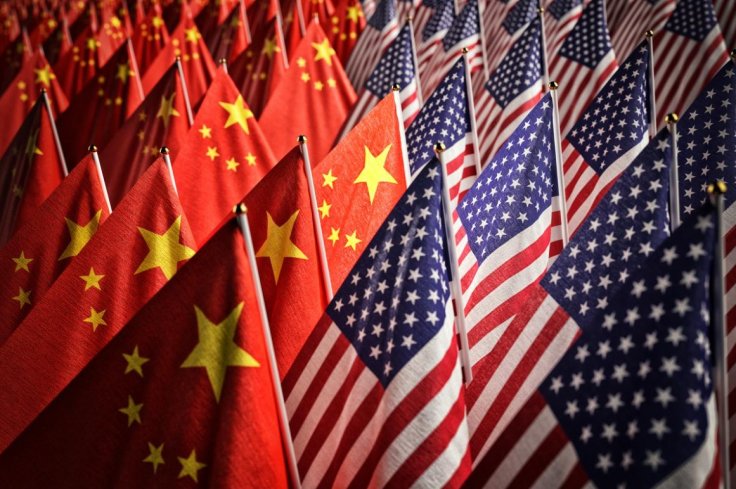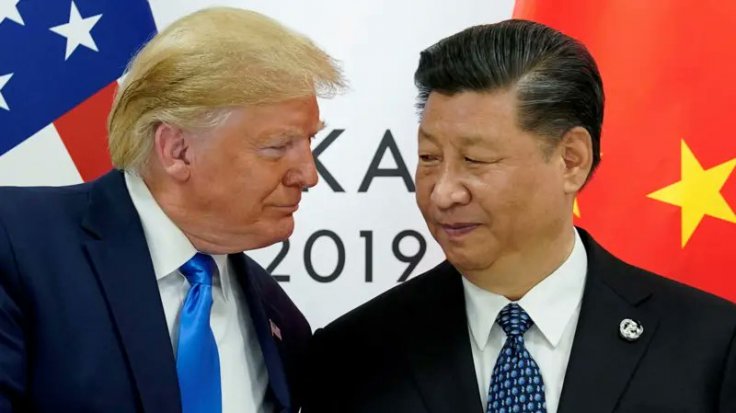Furious factory workers in China are protesting over unpaid wages, as President Trump's tariffs on Chinese goods begin to weigh on the country's economy. Reports from Radio Free Asia indicate that protests have erupted nationwide, with workers taking to the streets over unpaid wages and unfair layoffs after factory closures linked to pressure from U.S. tariffs.
At the same time, Chinese industry leaders are reportedly "extremely anxious" about the high import duties that were imposed by Trump last month. Wang Xin, the head of an industry group representing more than 2,000 Chinese businesses, told the Financial Times that several factories and suppliers are being asked to halt or delay shipments.
Mass Protests in China Over Tariffs

At least 16 million jobs across various sectors in China are at risk following Trump's implementation of a 145% tariff on Chinese imports, according to a Goldman Sachs analysis. "It's not easy at the moment," a 26-year-old employee at a toy factory in Zhejiang told the Financial Times.
The company, which primarily exports to the United States, recently forced it workers to take two weeks of unpaid leave due to the impact of the tariffs.
In the northeastern city of Tongliao last month, construction workers threatened to jump from buildings they were working on unless their unpaid wages were cleared, according to Radio Free Asia.
Meanwhile, in southern Hunan province, a sporting goods factory suddenly closed down without notice, leaving workers without severance or social security coverage. The sudden closure sparked a strike involving hundreds of employees, the report added.
Protests have become more frequent in China since the Covid-19 pandemic, as the nation's economy continues to face challenges, Beijing-based activist Ji Feng—who was a student leader during the 1989 Tiananmen Square demonstrations—told Radio Free Asia.
Chinese officials have admitted that the tariffs are taking a toll on the country's economic health.
China's Economy Feeling Pressure of Trump's Tariffs

In April, China's manufacturing sector witnessed its sharpest decline in 16 months, with new export orders falling to their lowest level since the pandemic began three years ago.
While experts have raised concern over Trump's hardline trade policies, the downturn in Chinese industrial production and the rise in protests suggest he may still hold some negotiating power — even as Beijing retaliates with tariffs of up to 125% on U.S. goods.
In response, Chinese President Xi Jinping has been visiting neighboring Southeast Asian nations, including Vietnam, Cambodia, and Malaysia, in a bid to strengthen regional ties.
Likewise, Chinese Foreign Minister Wang Yi has been in touch with officials from the United Kingdom and the European Union to strengthen diplomatic ties.
President Trump has insisted that relations with China are "going fine," though it's still unclear if he and President Xi will meet face-to-face.









